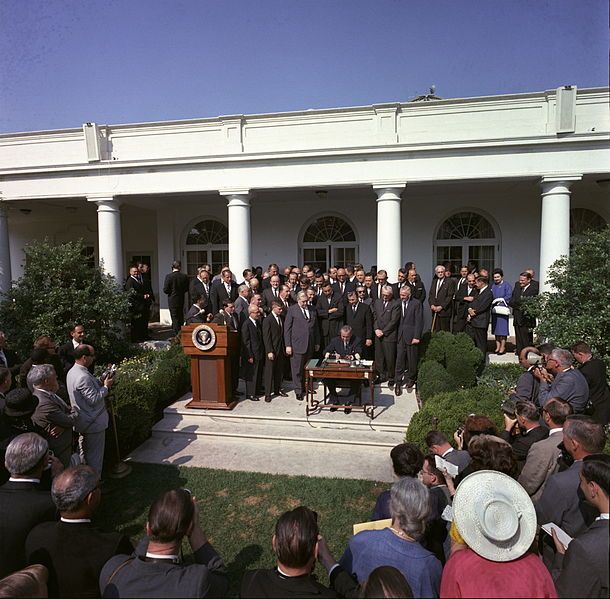Over the weekend I heard a news program reporting that 26% of Americans use a local food pantry on a regular basis. Of those who resort to charity centers for food stuffs a significant majority were also employed. Given the number of people who use our pantry and the tons of food we distribute annually, these realities don't surprise me at all.
Ironically, and I would say tragically, far too many of our neighbors work but don't earn enough to properly care for themselves or the their families. We often hear the flip side/"upside" of this very negative wage and labor reality in Dallas: labor costs in Texas are low; potential employees abundant, especially among the unskilled.
Do the math. A single person earning $10-12 an hour on a full-time job finds it very difficult to make ends meet each month. If the job offers no benefits, the challenge is even tougher. Add in a family and the mountain cannot be scaled without support from other sources.
The Texas culture typically chaffs at the mention of "public benefits." Texans typically don't appreciate "welfare."
But, maybe we aren't looking at such benefits properly.
If wages are too low for a significant portion of the workforce to make a life and we continue to depend on that sector of the workforce to make our community work, then public benefits actually benefit all of us in direct and indirect ways.
Taken further, public benefit programs that place purchasing power in the hands of those at the very bottom of our city's economic pyramid ensure that those dollars surge into the local economy, and very quickly.
The fact is poor people spend what money they do have.
In 2010, according to the
Texas Hunger Initiative, Dallas County left
over $500,000,000.00 of purchasing power on the table due to the fact that all those eligible for the
U. S. Department of Agriculture's Supplemental Nutrition Assistance Program (SNAP--food stamps) did not enroll to receive the benefits available and designed for working people. Statewide the total unclaimed benefits ran into the multiple billions!
We need to understand a couple of things about that very significant pool of cash.
First, these dollars flow back to Texas from Washington, D. C.
when claimed by and used by the state. When we fail to enroll an eligible person, we allow tax dollars that we've already sent to the federal government be redeployed in some other part of the country. The very small cost to Texas to leverage these benefits back to Dallas is more than worth it to recapture funds we've already invested or set aside for the purpose of assisting low-income Texans.
Second, and even more powerful, the half-billion unclaimed dollars are not just lost to our neighbors, but they are lost to the retail grocery businesses in our city. Why these businesses don't insist on better performance by Texas is beyond me.
And, this is just one public benefit resource available to the working poor in Dallas. The Earned Income Credit tax program, health care programs, child care subsidies, housing support and other public efforts to benefit the lowest wage earners among us, actually end up benefiting us all.
When families are financially stronger, the local economy reflects that strength in many ways that impact every aspect of our community's life and quality.
Properly understood, public benefits turn out to be public indeed.
 Lyndon Johnson signing the Economic Opportunity Act of 1964.
Lyndon Johnson signing the Economic Opportunity Act of 1964.

